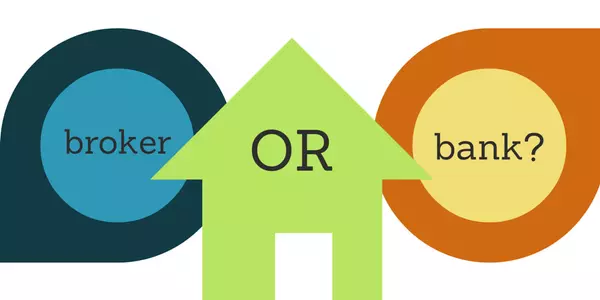

Top 10 Reasons to Choose a Mortgage Broker Over Your Bank
When it comes to securing a mortgage, the path you choose can have significant implications for your financial future. While many homebuyers might initially consider approaching their bank for a mortgage, there’s another option that offers several compelling advantages: working with a mortgage broke
Read More

Changes to Canadian Mortgage Rules: What You Need to Know
In recent months, significant changes have been announced regarding Canadian mortgage rules, which will impact many prospective homebuyers across the country. The adjustments, particularly the increase of the insured mortgage price cap from $1 million to $1.5 million, and the expansion of 30-year am
Read More

Understanding Residential Purchase Contract Conditions: Protecting Buyers in Alberta
Navigating the Alberta real estate market can be both thrilling and overwhelming, especially for first-time buyers. One of the most crucial aspects of a real estate transaction is understanding the conditions included in a residential purchase contract. These conditions are designed to protect buyer
Read More

High ROI Home Improvements: Basement Renovations
ntroduction In many Calgary homes, the basement is an underutilized space with vast potential. While it may often be seen as merely a storage area, a well-designed basement can significantly enhance your home’s livability and resale value. For homeowners looking to maximize their property’s appeal i
Read More
Categories
Recent Posts










